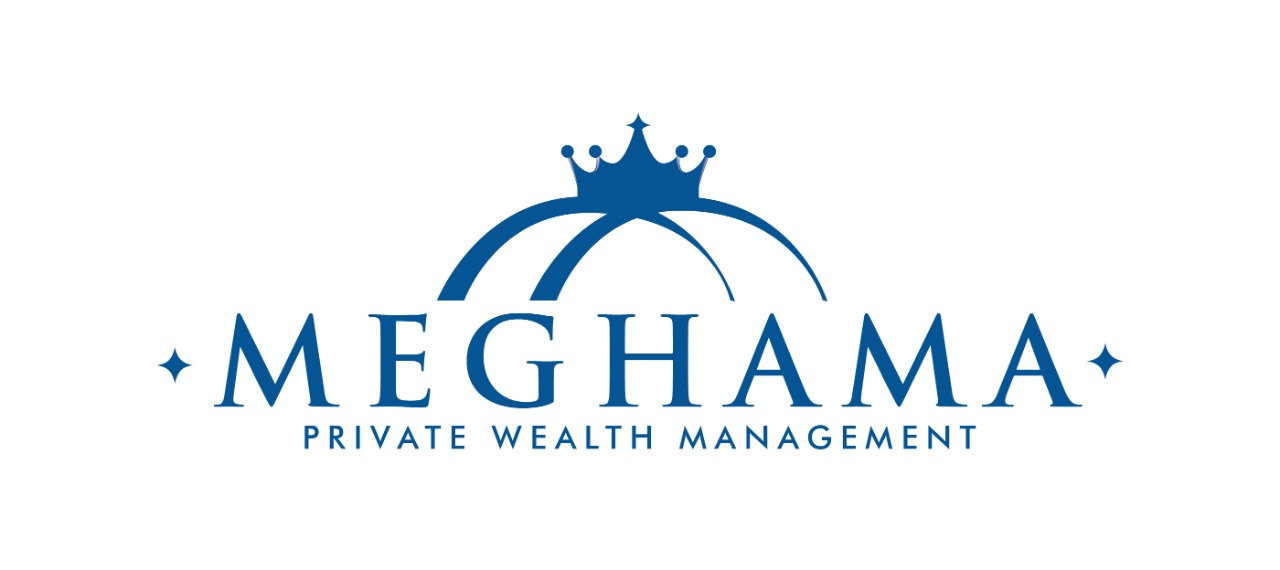Corporate Bonds
 What is Bond ? :-
What is Bond ? :-
Debt instruments :- When one Purchases a bond,one essentially lends an organization such as the government or as corporation specified amount of money which the borrower agrees to repay at a designated time.
 Why buy a Bond? :- In exchange for permission to borrow money from the lender, the organizatiuon agrees to pay annual interest payments on the amount borrowed.
Why buy a Bond? :- In exchange for permission to borrow money from the lender, the organizatiuon agrees to pay annual interest payments on the amount borrowed.
Components :-
- Principal: - face value of the bonds ( typically Rs 1000 )
- Coupen :- rate of interest
- Maturity :- time till issuer will repay borrower
BONDS :-
- Meaning : Type of debt or long - term promissory note, issued by a borrwer,promissing to its holder a predetermined and fixed amount of interest per year and repayment of principal at matuirty.
- Issuers or Borrowers : Corporations, US Government, State and Local Municipalities.
| Moody's | S&P | Meaning |
Investment Grade Bonds |
||
|
Aaa |
AAA | Bonds of this highest quility that offer the lowest degree of investment risk . issurers are considered to be extremely stable and dependable. |
| Aa1,Aa2,Aa3 | AA+,AA.AA- | Bonds are of high quality by all standards, but carry a slightly greater degree of long-team investment risk |
| A1.A2.A3 | A+,A,A- | Bonds with many postive investment qualities. |
| Baa1,Baa2,Baa3 | BBB+,BBB,BBB- | Bonds are medium grade quality. Security Currently appears sufficient, but may be unrilibale over the long term. |
Non Investment Grade Bonds ( Junk Bonds ) |
||
| Ba1,Ba2,Ba3 | BB+,BB,BB- | Bonds with speculative fundamentals. the security of future payments is only moderate. |
| B1,B2,B3, | B+,B,B- | Bonds that are not considered to be attractive investments little assurance of long term payments. |
| Caa1,Caa2,Caa3 | CCC+,CCC,CCC- | Bonds of poor quality. issures may be in default or one at risk of being in default. |
| Ca | CC | Bonds of highly speculative featured often in default or are at risk of being in defult. |
| C | C | Lowest rated Class of bonds |
| -- | D | In Defult |
 How do tax-free bonds work?
How do tax-free bonds work?
- Tenure: You can invest for up to 10, 15, or 20 years – it’s your choice.
- Liquidity: You can easily sell your bonds any time before maturity.
- Safe investment option:You can be sure of receiving the promised regular interest.
- Tax-exempted:You are not required to pay any taxes on the interest you earn.
- Demat account is optional:You can hold these bonds in physical form, too.

Who is eligible to invest in tax-free bonds?
- Retail Individual Investors (RIIs) - Including members of Hindu undivided family (HUF) and Non-Resident Indians (NRIs).
- High Net-worth Individuals (HNIs) - who have a low-risk appetite and can invest up to Rs. 10 lakhs.
- Qualified Institutional Buyers (QIBs) - who have been defined under the Securities and Exchange Board of India (Disclosure and Investor Protection) Guidelines, 2000.
- Corporate, trusts, co-operative banks, regional rural banks
- Tax-free income
- Low risk
- Easy liquidity
- Demat optional
- Ratings by various agencies available

Who provides tax-free bonds?
Government-backed entities ,Public undertakings, such as IRFC, PFC, NHAI, HUDCO, REC, NTPC, NHPC, Indian Renewable Energy Development Agency (IREDA)
INTRODUCTIONS
- CAPITAL GAINS
- SEC 45(1)-CHARGING SECTION
"Any profit or gains arising form the transfer of capital assets is txable under the head capital gains in the previous year in which the transfer has taken place"
Capital Gains Bond :-
- Long-term capital gain is the gain that is derived out of sle of an asset that has been held for more than a year.
- You can invest the gain in certain specified bonds to claim tax exemption within 6 months of the date of sle of the asset.
- Save tax on long-term capital gains by investing in 54EC bonds such as REC capital gain bonds, NHAI capital gain bonds respectively .
- Capital gains arising only from the sale of assets such as land or building or both will be considered for tax exemption.
| Bonds Name | Details | Form Download |
| IRFC Capital Gain Bonds | IRFC Capital Gain Bonds | |
| National Highway Athority Of India | National Highway Athority Of India | |
| Power Finance Corporation Of india | Power Finance Corporation Of india | |
| Rural Electrification corporation of india | Rural Electrification corporation of india | |

GOI Bonds :-
A Government security is a tradable instrument issued by the Central Government or the State Government . It acknowledges the Government's debt obligation. such securities are issued for short term or long term. Government needs large amount to carry on its welfare activities.

Disclaimer :-
Meghama Capital ( Meghama Wealth Management Services ) Only act as between client and the company inviting or Accepting Bonds , known as principle company, Naither company,Employee certified the information provided by the Principle Company and shall not be liable under any condition.
Powerd By Meghama Wealth Management Services



